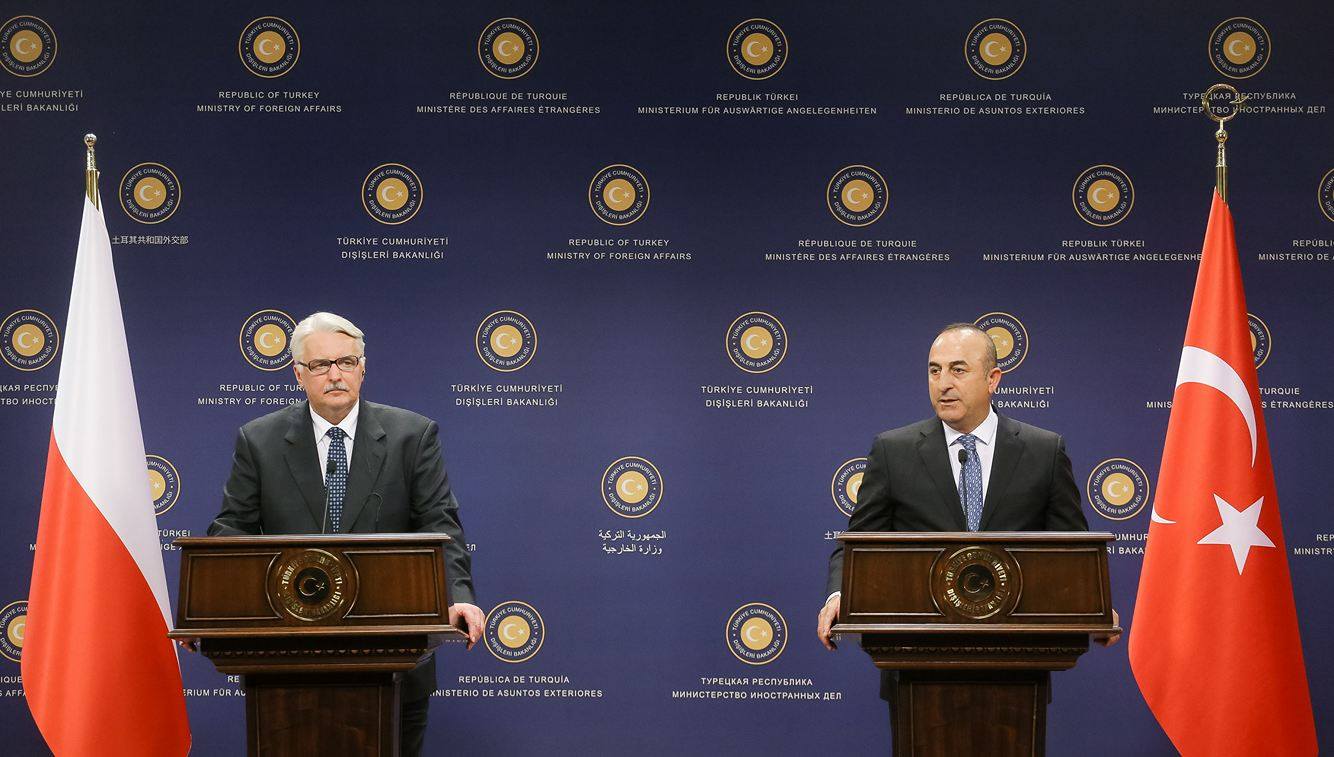Hungary – The American media outlet Bloomberg has published an article entitled “War Next Door Boosts Orban Campaign to Keep Power in Hungary” in the wake of the Hungarian Prime Minister’s speech for the 15 March 1848 celebrations. Based on a poll by the Századvég Institute published on 9 March, Bloomberg suggests that the Russian–Ukrainian war has strengthened Viktor Orbán’s position in his campaign for re-election on 3 April.
According to the survey conducted by an institute close to the Hungarian government, 66 per cent of respondents believe that Viktor Orbán is “the most suitable leader to guarantee Hungary’s security during the Russian–Ukrainian conflict”, while only 25 per cent think the same of Péter Márki-Zay, the united opposition’s candidate.
Since Russian troops have entered Ukraine, the Hungarian election campaign has been completely dominated by the war in the neighbouring country, and the opposition has been struggling to find a space in this sudden shift in its political agenda. Represented by a candidate lacking support and who has done a lot to make his own camp feel uncomfortable, the opposition’s campaign strategy is now to turn the sound up as they chant their years-old slogans: “We choose the West against the East”, “Putin and Orbán are dictators, the European Union is part of the free and democratic world”, and so on.
Even though something has undoubtedly happened in the minds of Hungarians since the start of the Russian military operation on 24 February, this does not mean that these opposition slogans will necessarily have a significant impact at the ballot box. Voting intentions for the opposition candidate have not taken off, and it is instead the government side and the Prime Minister who seem to be benefiting from this crisis situation.
It would seem that, for Hungarians, condemning the Russian invasion of Ukraine does not automatically mean questioning the policy of opening up to the East pursued by Viktor Orbán for the past ten years, which was in fact first started in 2003–2004 by former socialist Prime Minister Péter Medgyessy – without causing any particular stir at the time. In any case, even if this policy of openness to the East risks being reshuffled in the future because of the Russian–Ukrainian conflict, the current climate of high tension in Hungary’s vicinity is not enough to change the trend in voting intentions.
Apart from the most radical fringe of the opposition electorate, Hungarian voters are also well aware that a sudden change in Hungary’s energy policy – particularly in terms of Russian gas supplies – would have dramatic consequences for their wallets. Despite the desire of some in the West to put an end to Russian gas deliveries on European soil, such an upheaval is not likely any time soon. At least that is what Prime Minister Viktor Orbán and his Foreign Minister Péter Szijjártó have been saying since the beginning of the conflict while expressing their opposition to EU sanctions in the energy sector.
According to political scientist Gábor Török, the Hungarian opposition has missed an opportunity in its political management of the Russian–Ukrainian conflict. Instead of calling for national unity from the outset and thus blocking any offensive by the government camp, the opposition chose to accentuate the rift with Viktor Orbán on the Russian question. It has let the prime minister assume the role of a unifier, as Orbán has clearly succeeded in showing that he is the only candidate in the running who can defend Hungarians’ interests and security. This is an observation also made by Bloomberg, since it is corroborated by several opinion polls.
Few believe that the role of protector of Hungary’s interests and security could fall to the united opposition’s candidate. Lagging behind in all the polls, Márki-Zay accuses members of his own camp of scuppering his campaign by ordering opinion polls that are unfavourable to him. In this regard, he went so far as to declare on 16 March:
“If I had paid for this poll and the result had been unfavourable to the opposition, I would not have sent it to the press to be published.”
It seems that, despite the new European political context created by the Russian invasion of Ukraine on 24 February, the Hungarian opposition will not be able to lure voters away from Fidesz. To win the election, the opposition would need the government to see an erosion of its electoral base on 3 April. This is clearly not the way things are heading, and there are two main reasons for this.
First, Viktor Orbán is well aware that his electorate is divided on the Russian–Ukrainian issue – at least on the surface – and perhaps without impacting the level of mobilisation of the Fidesz electoral base. In any case, the Hungarian Prime Minister has placated all groups in his own camp on the Russian–Ukrainian question. Of course, he strongly condemns the Russian intervention, but he is careful not to overdo it, as part of his electorate (24% according to a survey by the left-wing institute Publicus) thinks the Ukrainians bear some responsibility for the outbreak of this conflict.
Thus, Viktor Orbán has been trying to maintain a balanced stance since 24 February. He has jumped on the bandwagon of condemnation and clearly places himself within the Euro-Atlantic bloc, but is careful not to do so in an ostentatious manner. He is very active on the issue of welcoming refugees, as he wants to show that Hungary has no lessons to learn from its Western partners in this regard. This stance seems to suit his electoral base, and even to seduce beyond, as Hungarians have perfectly understood that they have nothing to gain by being radical and too clear-cut on the Russian–Ukrainian question.
Second, the Hungarian mixed electoral system is a priori not very permeable to the short-term impacts of such international tensions. The polls fail to take into account the specific nature of the first-past-the-post electoral system, often limiting themselves to gauging the balance of force in terms of national lists. Of the 199 seats in Parliament, 106 will be allocated on a first-past-the-post basis. The Fidesz apparatus conducts daily monitoring of the situation in the constituencies. This is a tool that the opposition does not have, due to a lack of human resources outside of the DK and Jobbik, two parties that are still ambivalent in their support for Péter Márki-Zay.
To win on 3 April, the opposition must not only do better in the list vote than their current level of support as reflected in the latest polls, but also consolidate the thirty or so constituencies where it has a good chance to win and take another thirty or so constituencies where the result is uncertain. Needless to say, this will be no easy task. In 2018, of the 106 seats with a first-past-the-post vote in constituencies, the Fidesz–KDNP candidates won 91. The opposition only managed to win in three constituencies outside Budapest, although it has to be said that it was not as united then as it is now.




